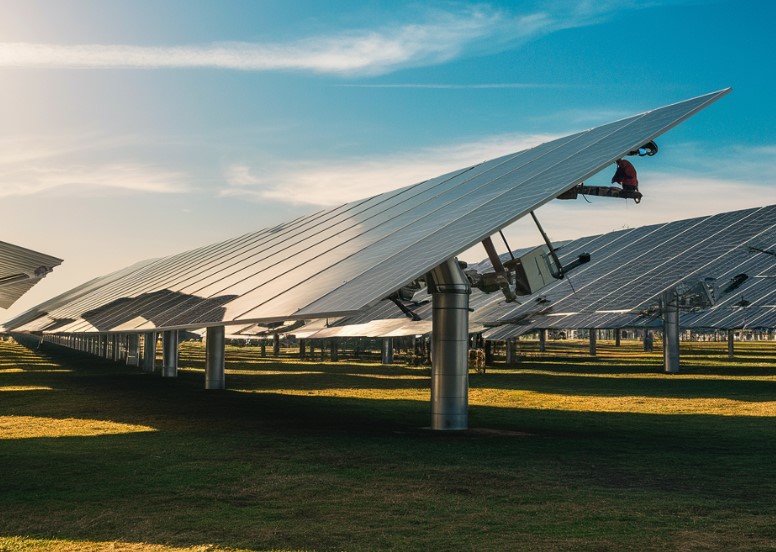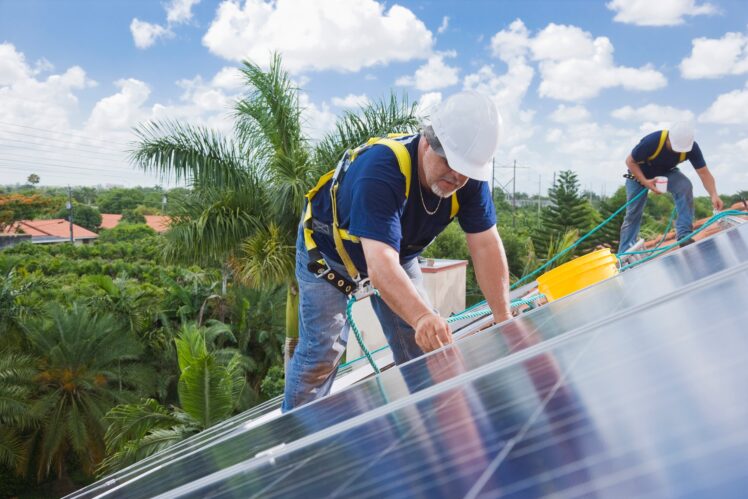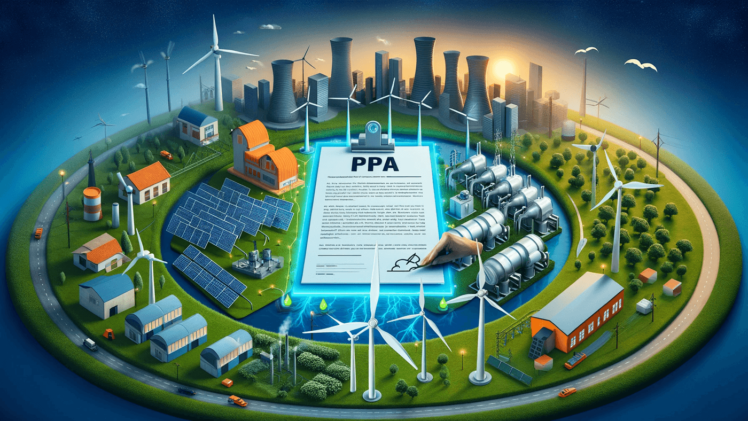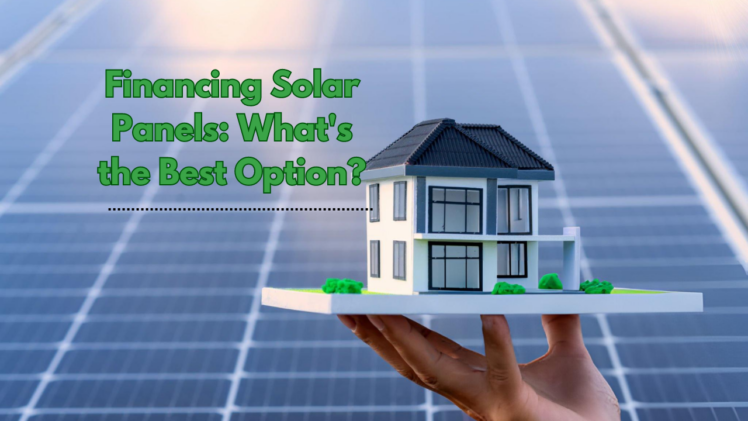Strategies for Financing Your Solar Installation

Solar energy is becoming increasingly important for sustainable living.
Installing a solar panel system offers numerous benefits, including reduced electricity bills and a smaller carbon footprint.
Cash Purchase

Source: nerdwallet.com
A cash purchase involves paying for your solar panel system upfront, eliminating the need for ongoing payments. This option offers maximum long-term savings since you won’t pay interest or fees.
Full ownership allows you to benefit from all available tax incentives and rebates. By owning your system outright, you also increase your home’s value without any liens or financial encumbrances.
Cash purchases enable you to avoid the complexities and potential risks associated with loans and leases, ensuring you receive the full economic and environmental benefits of your investment.
Solar Loans
Solar loans provide a way to finance your solar panel system without the need for an upfront payment. These loans can be secured, using your home as collateral, or unsecured, relying on your creditworthiness.
Options like the HomeStyle® Energy mortgage offer low interest rates and flexible repayment terms. Solar loans can also increase your home’s value and make it more attractive for resale.
Solar Leases
With a solar lease, a third party installs and owns the solar panel system on your property, and you pay a fixed monthly fee to use the energy it generates. This option typically requires lower upfront costs and offers predictable monthly payments, making it financially accessible.
Power Purchase Agreements (PPAs)

Source: courses.renewablesvaluationinstitute.com
A Power Purchase Agreement (PPA) is similar to a solar lease but with a key difference: you pay only for the electricity produced by the solar panel system.
This can lead to lower electricity rates compared to traditional utility companies. Like leases, PPAs require minimal upfront costs and offer predictable energy costs.
Property Assessed Clean Energy (PACE) Financing
PACE financing allows you to fund your solar panel system through a loan that is repaid via property tax assessments. This option offers competitive interest rates, long repayment terms, and no upfront costs, making it accessible for many homeowners.
One significant benefit is that PACE financing can be transferred to new property owners if you sell your home. This makes it an attractive option for those concerned about long-term commitments.
By integrating the loan repayment with property taxes, PACE financing simplifies the payment process and aligns with your regular tax payments.
Incentives and Rebates
Several incentives and rebates can significantly reduce the cost of installing a solar panel system.
The Federal Investment Tax Credit (ITC) currently offers a substantial tax credit, though rates are set to change in the coming years. State and local incentives vary but can include additional tax credits, rebates, and grants.
Other financial incentives might include net metering policies, which allow you to sell excess electricity back to the grid, and renewable energy certificates.
Researching and taking advantage of these incentives can lower the initial and ongoing costs of your solar panel system, enhancing the overall return on your investment.
Choosing the Right Option

Source: lumenexxsolar.com
Selecting the best financing option for your solar panel system involves considering your financial situation, long-term goals, and eligibility for incentives. Cash purchases provide maximum savings but require significant upfront capital.
Loans offer ownership and savings with manageable monthly payments. Leases and PPAs reduce upfront costs but limit ownership benefits. PACE financing provides a unique blend of long-term affordability and ease of transferability.





